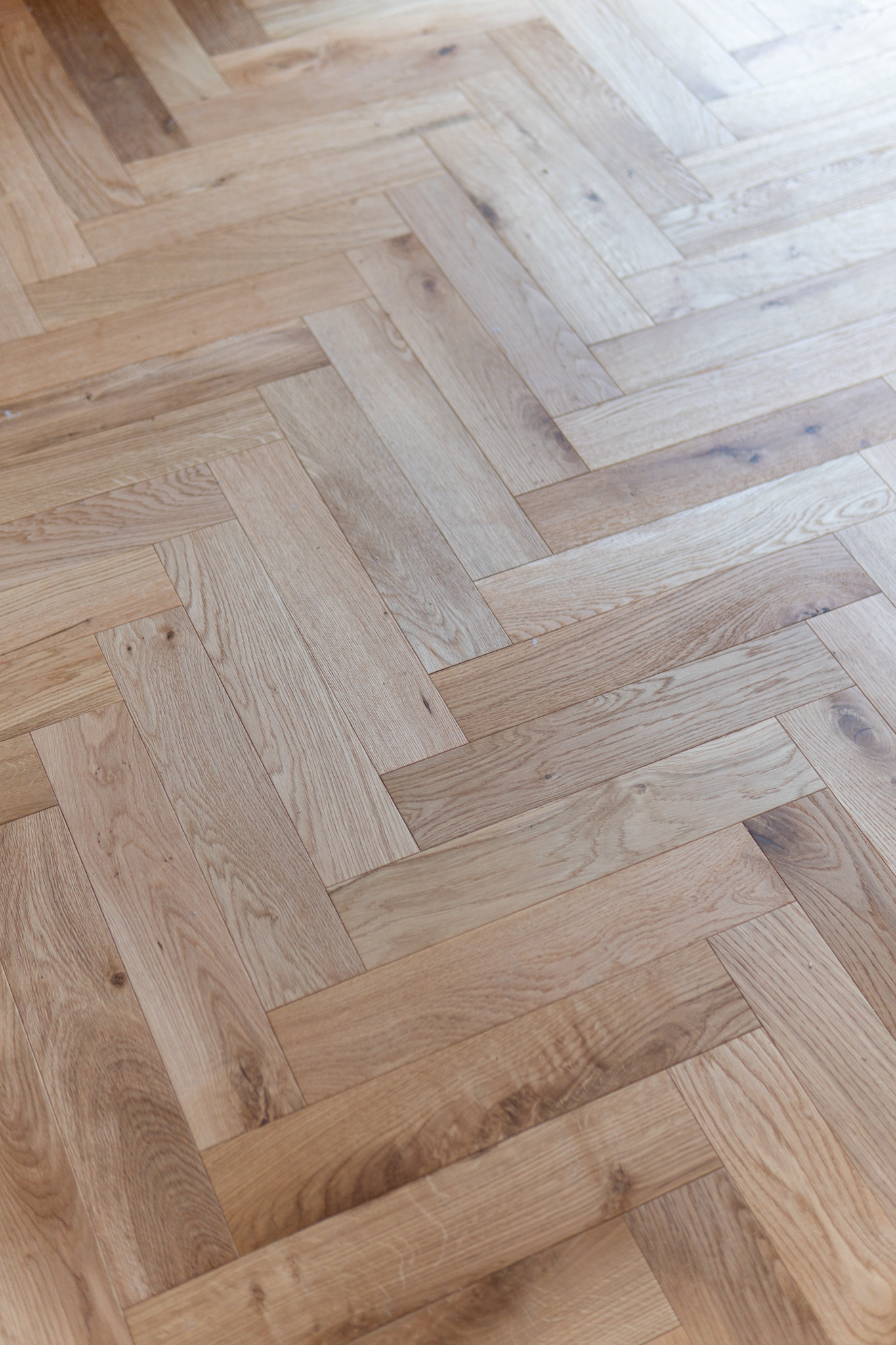What is the Best Type of Flooring?

The “best” type of flooring depends on various factors, including your specific needs, budget, and personal preferences, as well as the room where the flooring will be installed. There is no one-size-fits-all answer to this question. However, some popular and highly regarded flooring options and their advantages include
- Best for: Living rooms, dining rooms, bedrooms, and areas where aesthetics and durability are a priority.
- Advantages: Timeless beauty, durability, can be refinished, adds value to a home.
- Considerations: Susceptible to moisture and scratches and may require regular maintenance. Can be expensive.
- Best for: Areas where solid hardwood may not be suitable due to moisture or subfloor conditions.
- Advantages: Looks and feels just like solid wood, more dimensionally stable, can be installed in various environments.
- Considerations: The quality of the wear layer varies, and some lower-quality options may not be suitable for refinishing.
- Best for: High-traffic areas, families with pets or children, and those on a budget.
- Advantages: Affordable, durable, scratch and stain-resistant, easy to clean.
- Considerations: Doesn’t have the same warmth or authenticity of real wood.
Vinyl Flooring (Luxury Vinyl Planks or Tiles):
- Best for: Kitchens, bathrooms, basements, and areas with moisture exposure.
- Advantages: Water-resistant, affordable, durable, easy maintenance, wide style options.
- Considerations: Quality varies, and it may not add as much value to a home as natural hardwood or engineered flooring.
Carpet:
- Best for: Bedrooms, living rooms, and areas where comfort and warmth are desired.
- Advantages: Soft and comfortable, insulates against cold and noise, wide range of styles.
- Considerations: Prone to staining and wear, may not be suitable for high-traffic areas or households with pets / allergies.
Ultimately, the best flooring type for you depends on factors such as your budget, the specific room’s purpose and environment, your aesthetic preferences, and your willingness to perform maintenance. It’s also important to consider factors like installation cost, long-term durability, and the potential impact on the resale value of your home. Consulting with flooring professionals and considering your unique needs will help you make the right choice for your situation.





